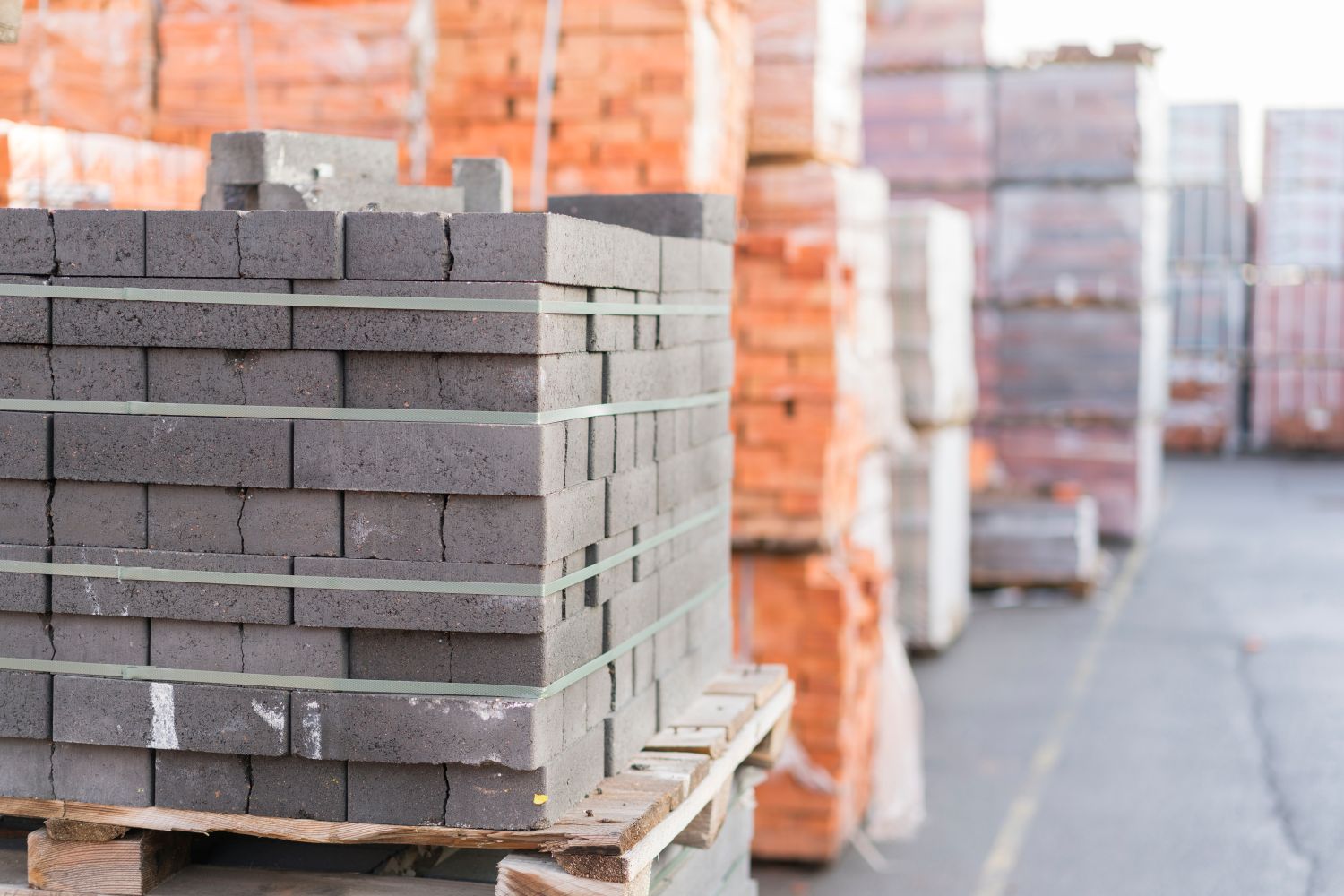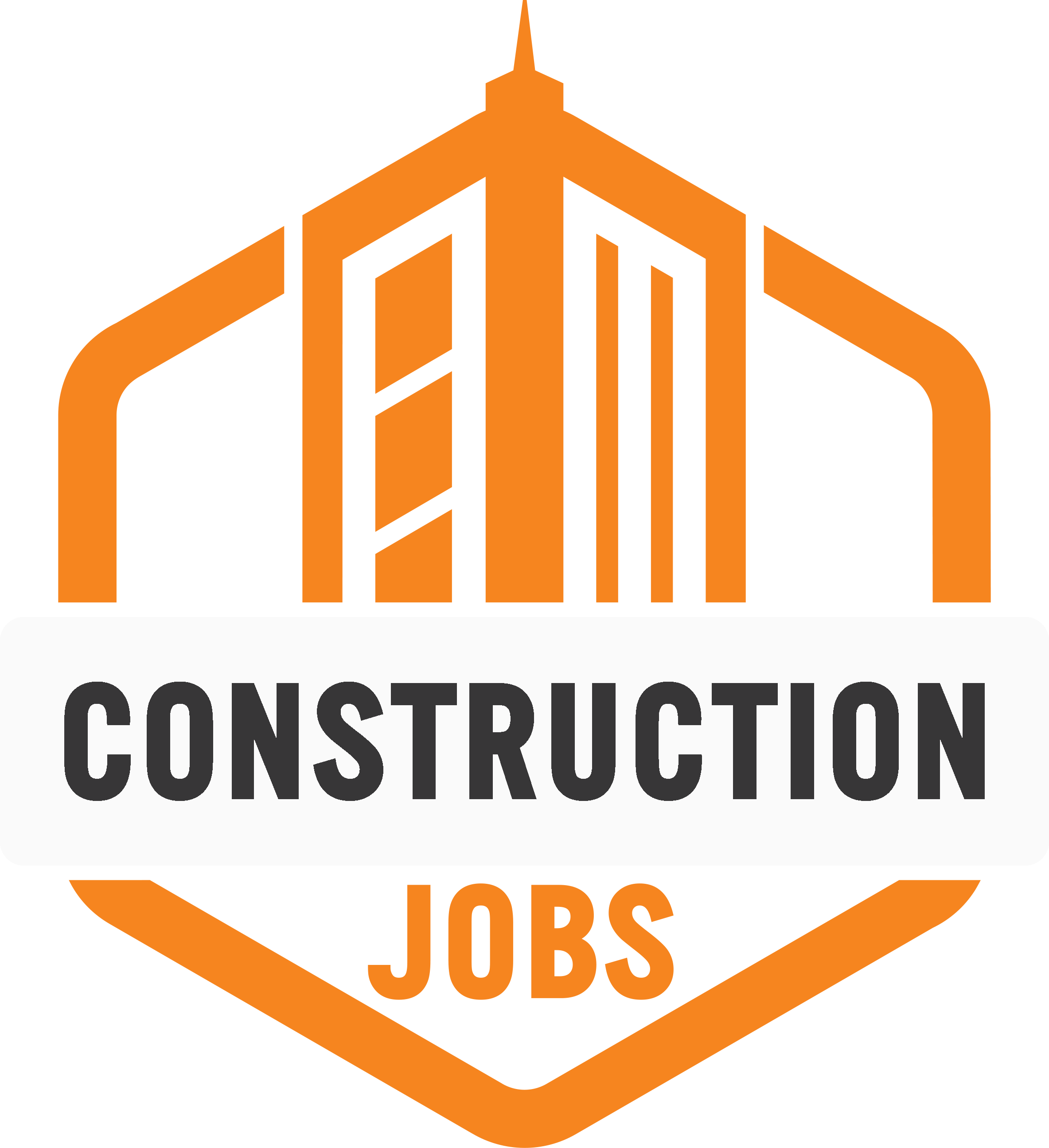4 Effective Ways to Reduce Construction Material Costs
Maintaining a tight budget and reducing operational costs can help your company secure more projects and increase profits.

As a contractor, cutting costs wherever possible is crucial, especially in the current market conditions influenced by COVID-19. One effective way to lower overall expenses is by reducing material costs. So, how can you bring down the costs of building materials, electrical products, or other supplies?
1. Track Your Materials
Do you know what materials you have in your inventory? What quantities are available, and where are they located at any given time? You can answer these questions by effectively tracking your materials.
Establish a straightforward system to monitor every item. It doesn't have to be complex; simple steps can significantly improve accountability in inventory management.
Tracking your materials allows you to identify which items are running low and which are in excess. Based on this information, you can either reorder materials or cut down on supplies. Moreover, keeping a close eye on your materials helps you assess their necessity and utilization.
2. Buy Standardized Products at a Lower Price
As a contractor, you need numerous parts for each equipment installation, and often, the same parts are required for multiple jobs. Purchasing these parts at a lower price can significantly reduce overall costs. Consider opting for standardized parts instead of custom ones, as the latter can be more expensive.
Try sourcing these parts from electrical liquidators, as they often offer competitive prices. Since they deal with surplus materials, they can provide parts at prices lower than the regular market rate. However, don't assume that the low price means compromised quality.
All the products and parts from a liquidator will be in perfect working condition. Electrical liquidators source parts from various suppliers, allowing them to offer cost-effective construction electrical products.
3. Minimize Material Stock
Avoid overstocking materials. Buying extra materials increases maintenance and storage costs and the risk of loss or theft. Refrain from purchasing items that you won't use.
Using standardized materials helps keep costs to a minimum. If you need a unique part for equipment, order the precise quantity required instead of buying in bulk.
Train your workers on when and how to purchase materials to avoid overspending on unnecessary items. Replenishing stock as it runs out is more efficient than buying excess and storing it.
4. Hire a Dedicated Warehouse Manager
Assigning warehouse management to an existing staff member can distract them from their core tasks and lead to inefficiencies. While hiring a warehouse manager might seem costly, it will quickly pay off.
A warehouse manager will know how to organize the warehouse, implement effective processes, and reduce costs.
Construction can be expensive, but by implementing the right strategies, you can significantly lower your material costs. Purchasing materials and construction electrical products from reliable sources, like liquidators, can be beneficial.
- Share This →

